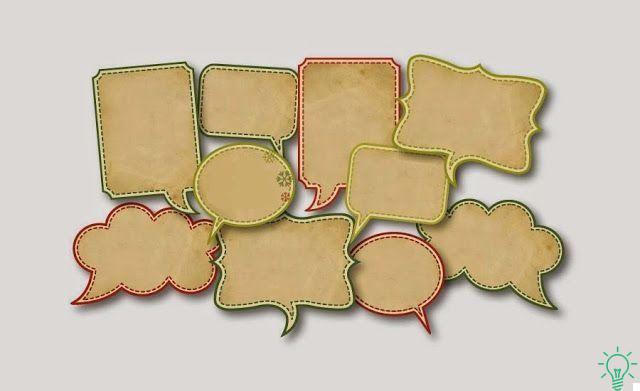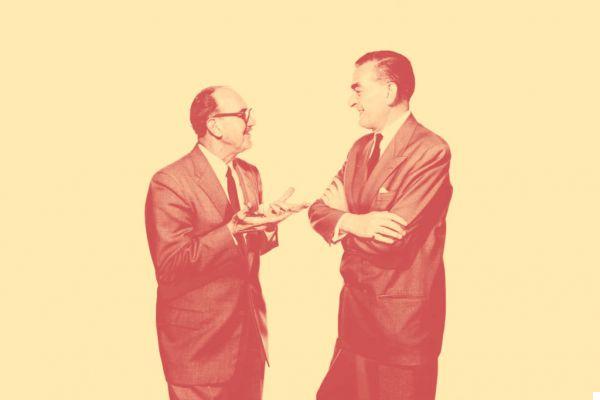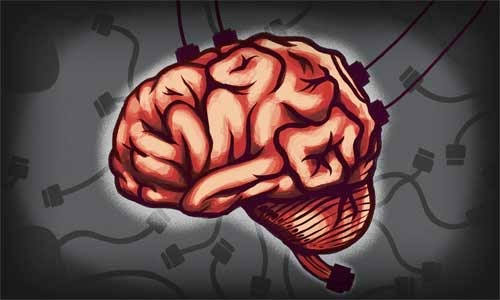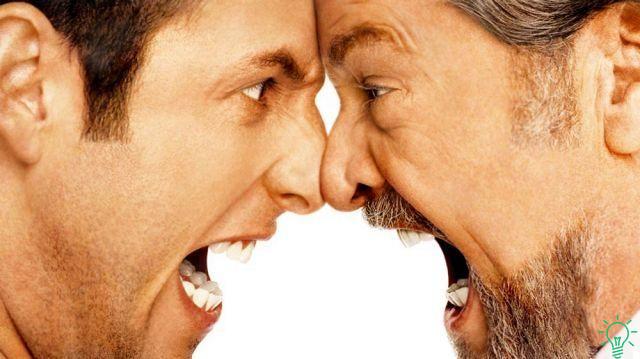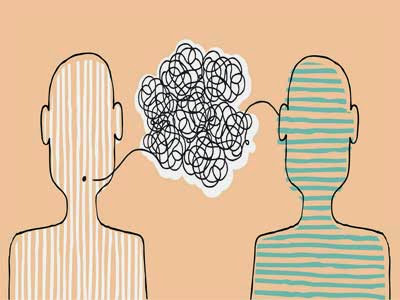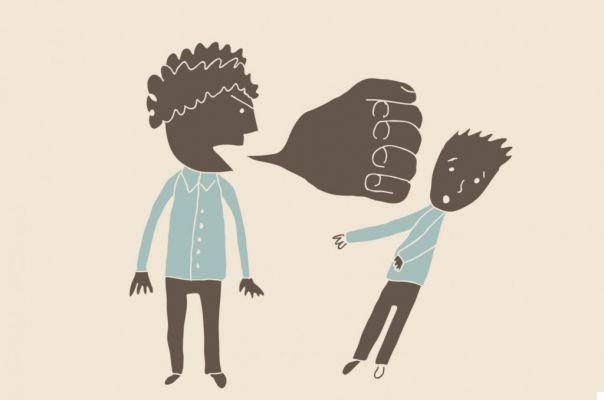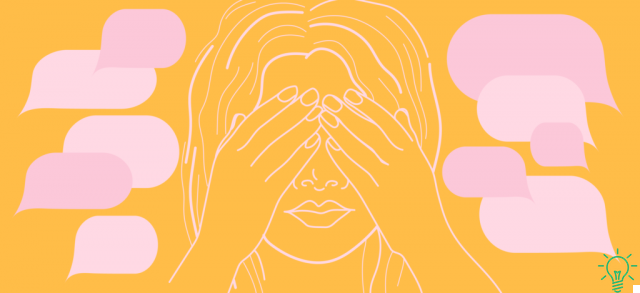
Be it a person who tries to to apologize with his partner for having had an inappropriate behavior or a multinational apologizing for causing environmental pollution, it is certain that the underlying mechanism is always the same. Either way, psychology is curious about it and tries to determine what is the most effective way to make an apology.
Researchers Ryan Fehr and Michele Gelfand of the University of Maryland attempted to explore in depth the psychological aspects behind the apology mechanism. In this way they discovered that there are mainly three different types of apologizing forms, and that their impact varies greatly depending on the character of the victim. The three most common ways to apologize would be: - Compensation: the one in which people put a way to remedy it before their wrong behavior, for example: “I'm sorry I broke your window, I'll pay for the repair”. - Empathic: the one where the person who made the mistake puts himself in the other's place, making him understand that he understands what he is feeling, for example: "I am very sorry to have hurt you with what I said, I understand that from now on it will be difficult for you trust in me ". - Acknowledgment of having violated the rules: in this case people simply acknowledge that they have violated certain rules (implicit or explicit), such as: "I have broken the Hippocratic oath not to cause harm". Researchers consider that the effectiveness of the different forms of apology depends on how the person who has suffered the damage considers himself. To test this hypothesis, the researchers evaluated the concept of self that 175 different students have and then asked them to evaluate the different forms of apologizing. A following study evaluated the personal consideration of 171 additional students and their ability to forgive in a fictitious situation in which different forms of excuses were offered than accidentally falling and breaking a laptop. From these two experiments, the researchers found that people who preferred compensatory excuses tended to be more individualistic; on the other hand, those who considered empathic apologies more effective tended to view themselves in the same way as they were seen by others, while those students who considered excuses in which they recognized violation of the norms effective tended to evaluating oneself as a cog that is part of the community, putting the interests of the group above one's own. In this way, the message that researchers leave is that, far beyond what each person may prefer about the form of apology, if the apology is to be effective, it is necessary to consider the peculiar characteristics of the injured person. Of course, since it is not always possible to know in detail the character of the victim, researchers anticipate that detailed excuses that include both the emotional plan and the idea of compensation are generally the most effective. However, Fehr and Gelfand recognize that their work has limits since the scenario used was fictitious, and in the future they propose to redo the experiment in a real context. Personally I consider that in addition to the theory and relationships that exist between the conception of self and the form of apology, what is really important is to recognize that we make a mistake and that we are sincerely sorry for it, trying to make sure that the our discomfort to the injured person and looking for a solution that is ideal for both.











